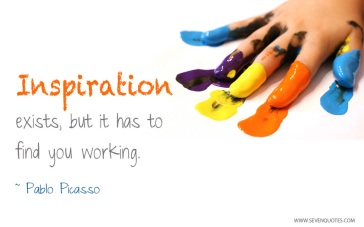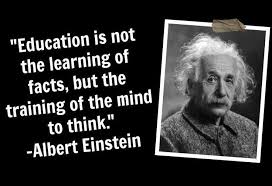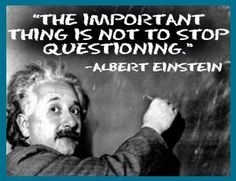Great ideas come when you aren’t trying to think of them.
Creativity isn’t a talent. It is a skill that can be learnt, practiced and developed. Firstly, it is good to know where good ideas come from. Watch this VIDEO from Steven Johnson that explains where ideas come from. He talks about how ideas need to ‘incubate’. “Most important ideas take a long time to evolve and they spend a long time dormant in the background”. They don’t come overnight as they need time to develop and grow. You can’t sit at a desk with a blank piece of paper, turn off all distractions and just wait for an idea to come – they come when you least expect and aren’t trying to think of them. 
Although you can’t make a great idea happen, you can set yourself up in an environment that can spark inspiration. As Pablo Picasso said, “Inspiration exists, but it has to find you working”. Carry a notebook around with you, start being spontaneous, break out of your normal routine and try something new, listen actively to conversations – people can be very interesting, read a new book or take a walk.
The internet and social media sites such as Facebook and Twitter can act as distractions from creativity but they can also allow us to connect with people from all over the world where we can share and collaborate ideas. Collaboration is important when it comes to ideas. Sometimes people will have half an idea and need to join with others to exchange and combine their ideas to create something great.

“A good idea is a network. A specific constellation of neurons – thousands of them -fire in sync with each other for the first time in your brain and an idea pops into your consciousness.” – Steven Johnson.
Ideas come when you least expect them to, so don’t sit around waiting for one to come to you – change your environment, try new things, be spontaneous and I’m sure somewhere you will find some inspiration for a great idea.




